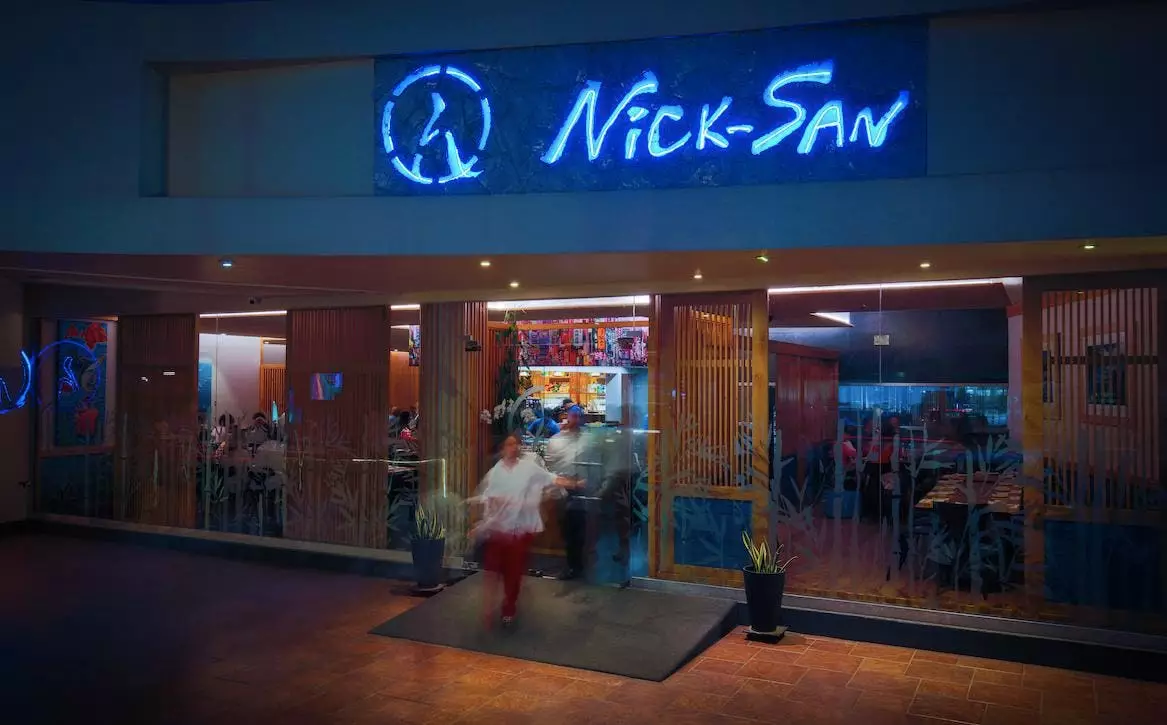When it comes to the debate around cultural appropriation in foods, renowned chef Yotam Ottolenghi believes that it serves as a gateway into the diverse and multicultural societies in which we live. This sentiment was reaffirmed during a recent trip to Los Cabos, Mexico. At the heart of Mexican cuisine lies the indigenous people who cultivated essential ingredients such as corn, beans, avocados, tomatoes, and chilies. Ancient Mesoamericans pioneered nixtamalization, a process that involves soaking and cooking grains in an alkaline solution to enhance their nutritional value. The influx of Spanish colonization introduced European livestock, rice, wheat, spices, and cooking techniques, leading to the creation of fusion dishes like tacos al pastor and enchiladas. Moreover, the brief French influence in the 1860s left a mark on Mexican cuisine with dishes such as chiles en nogada and empanadas.
Situated at the southern tip of the Baja California peninsula, Los Cabos boasts a rich culinary heritage that has been shaped by external influences and culinary techniques. Traditional dishes like chocolate clams, smoked marlin, comida de pobres, and tamales reflect the fusion of flavors and ingredients from around the world. The culinary exchange is not one-sided, as Mexico has also exported its cuisine globally, thereby enriching the gastronomic landscape.
The intersection of Mexican and Japanese cuisine takes center stage at Nicksan, the first Mexican-Japanese fusion restaurant in Los Cabos. Chef Angel Carbaja, who co-founded Nicksan with Masayuki Niikura in the 1990s, recounts the initial surprise of the collaboration. Niikura’s admiration for the abundant fish in Los Cabos led to the idea of blending Japanese precision and tradition with Mexican flavors. For Carbaja, the cultural ethos of Japan, marked by honor and respect for ingredients, resonated deeply. The meticulous care and reverence with which the Japanese handle food struck a chord with Carbaja, reflecting his own passion for fishing and the tranquility it brings.
At Nicksan, the marriage of East and West Coast influences is evident in dishes like tempura oysters, curry yaki, bluefin tuna sashimi, and beef filet serranito. One of their signature dishes, sashimi cilantro, quickly gained popularity among diners. Carbaja emphasizes the importance of teamwork and attention to detail in running a successful restaurant. By fostering a supportive environment and ensuring top-notch quality, Nicksan has carved a niche for itself in the competitive culinary scene of Los Cabos.
Looking ahead, Carbaja remains optimistic about Los Cabos evolving into a premier culinary destination. By fostering collaboration within the community and embracing influences from beyond the peninsula, the region is poised for continued growth and innovation. The fusion of Mexican and Japanese cuisine at Nicksan serves as a testament to the culinary diversity and creativity that thrives in Los Cabos, making it a must-visit destination for food enthusiasts worldwide.


Leave a Reply